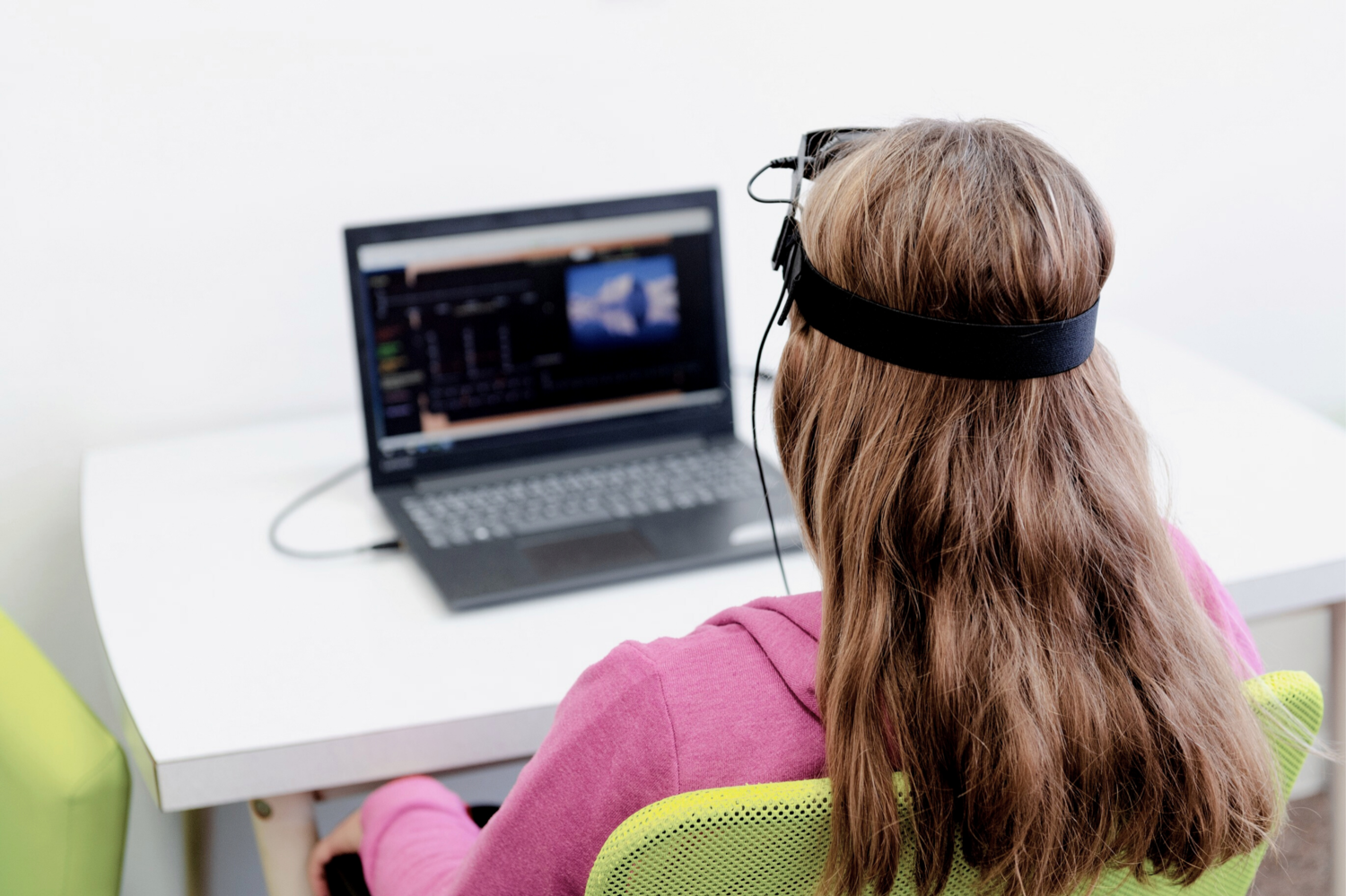qEEG functions by applying small electrodes on the head to record brain activity. These sensors measure electrical signals produced by neurons, the units in the cerebrum that communicate with each other. The data gathered is then analyzed and presented as a set of patterns. Each type of brainwave—such as α, β, δ, and theta—corresponds to various psychological conditions and activities. For example, α oscillations are often associated with relaxation, while β oscillations are associated to engaged thinking and problem-solving. By examining these trends, clinicians can identify irregularities that may suggest mental health issues.

One of the major advantages of qEEG is its ability to provide unbiased information. Unlike traditional evaluations that depend on personal reports from patients, qEEG offers a clear picture of neural activity. This objectivity can help minimize prejudices in assessment and lead to more accurate treatment plans. For example, if a client is facing anxiety, qEEG can reveal particular patterns of brain function that are linked with stress disorders. This data enables psychological health experts to tailor interventions more effectively, whether it be through counseling, pharmaceuticals, or alternative approaches.
Moreover, qEEG can be particularly useful in monitoring treatment advancement. By performing qEEG evaluations at various stages during therapy, clinicians can monitor variations in neural activity over time. This ongoing evaluation assists ascertain if a intervention is working or if modifications are required. For instance, if a client is not reacting to a specific treatment, qEEG may show that their brain activity has not changed in a way that indicates improvement. This feedback loop can lead to more customized and effective psychological health care.
In summary, qEEG cerebral mapping is a potent instrument in the domain of psychological health evaluation. By offering unbiased information about neural function, it improves the comprehension of various mental health disorders. This method not only assists in precise assessment but also assists in tracking intervention success. As psychological health experts persist to investigate the potential of qEEG, it possesses promise for improving the lives of individuals facing click now mental health challenges. With continuous investigation and progress in technology, the mysteries of the mind may become more apparent, resulting to better outcomes for those in need of support.